Global shifts give Xi chance to steal limelight in Davos
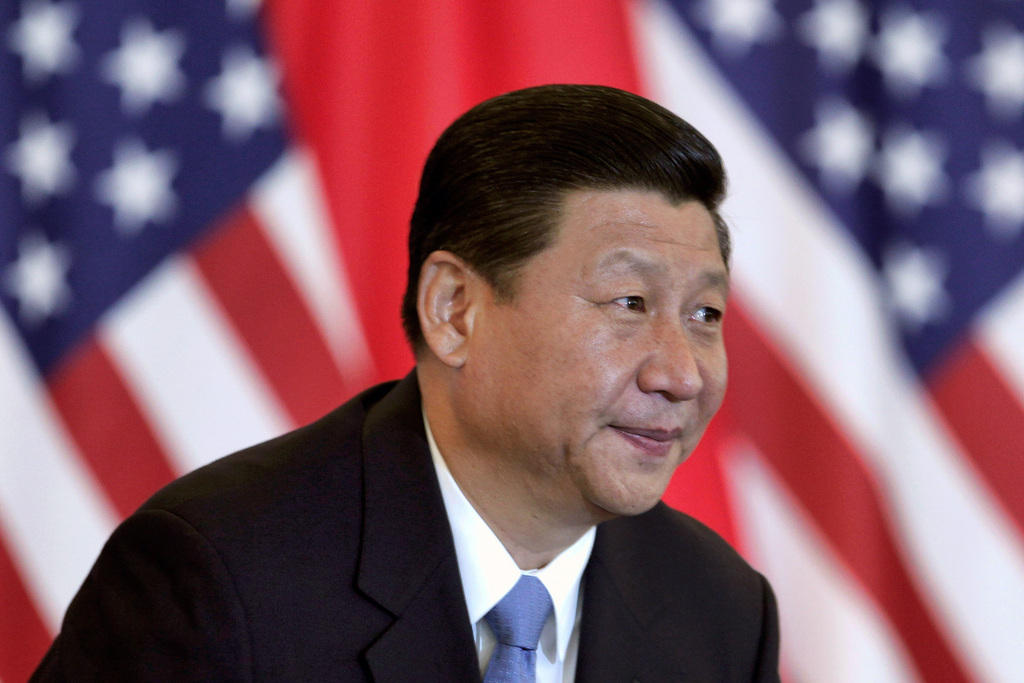
In January 2016, with China’s equity and currency markets in turmoil, a sheepish Beijing dispatched two relatively unknown officials to the World Economic Forum in Davos. This year the star attraction will be none other than Xi Jinping, whose attendance tomorrow will mark the first time a Chinese president has attended the global gathering.
According to people involved in the preparations, discussions about Mr Xi’s visit began in May, a month before Britain voted to leave the EU. At the time, it seemed the Chinese president would be appearing just ahead of the inauguration of president Hillary Clinton.
https://www.ft.com/External link
But the Brexit vote and Donald Trump’s surprise victory in the November US presidential election have transformed Mr Xi’s turn at Davos into an unexpected opportunity. The Chinese president is expected to use his speech to enhance his status as one of the few responsible adults left standing on the global stage, committed to protecting progress made over recent years on everything from climate change to free trade. US vice-president Joe Biden and secretary of state John Kerry will also attend, days before they leave office.
“The US is declining and China is rising,” says Shen Dingli, an American studies professor at Fudan University in Shanghai. “China will defend the international system as the US, under Donald Trump, goes in the opposite direction.”
Xu Jin at the Chinese Academy of Social Sciences in Beijing thinks it will be a “breakthrough” event for Mr Xi. “His attendance shows he is willing to participate in global governance,” says Mr Xu. “It is an opportunity for China, which has benefited more than any other country from globalisation.”
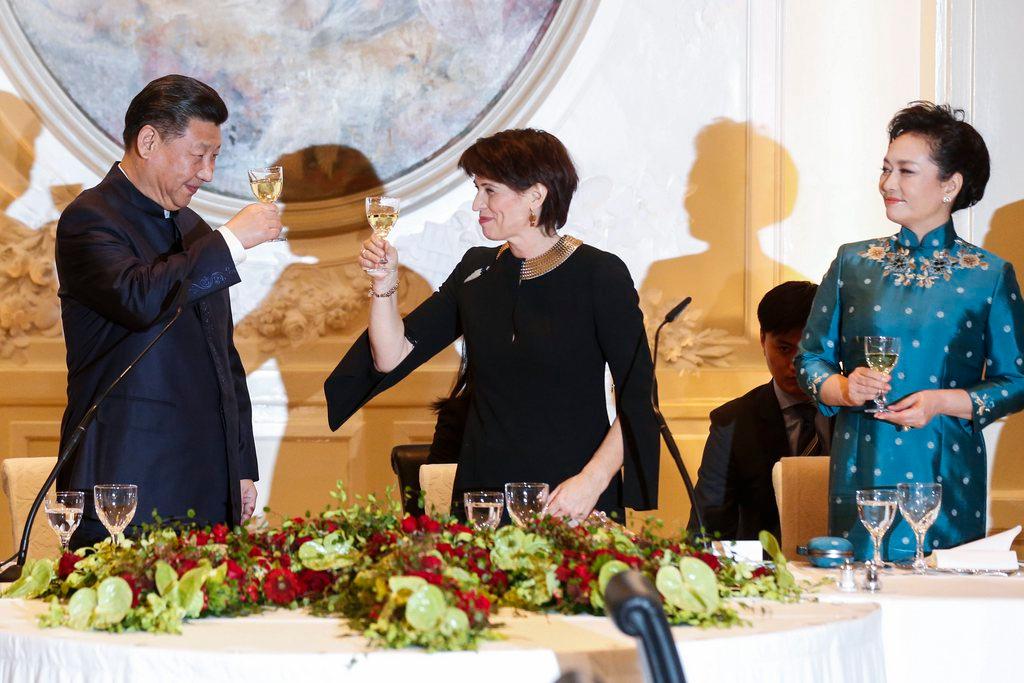
More
Chinese president talks trade, innovation on Swiss visit
In many respects, Mr Xi’s appearance will be a re-run of September’s Group of 20 summit. “Economic openness brings progress and isolation leads to backwardness,” Mr Xi said at the G20, which China hosted in Hangzhou. “To repeat the beggar-thy-neighbour approach will not help any country escape crisis or recession. It only narrows the space for common development.”
Robert Hormats, a former under secretary of state and vice-chairman of Kissinger Associates, the New York-based consultancy, says Beijing is embracing the “responsible leadership role” long encouraged by the US and other countries. “They see Americans retreating from leadership of the global trading and financial order [as] harmful,” he said. “They want a greater say for China but they don’t want the system to deteriorate into protectionism or chaos. In trade, a wholesale deterioration would not serve their interests.”
Shortly after Mr Trump’s election, which marked the death knell of the US-led Trans-Pacific Partnership trade agreement, Mr Xi used the Asia-Pacific Economic Cooperation summit meeting in Lima, Peru, to advocate China’s Free Trade Area of the Asia Pacific. While not as ambitious as the 12-nation TPP, which pointedly excluded China, FTAAP would embrace all 21 Apec members including the US.
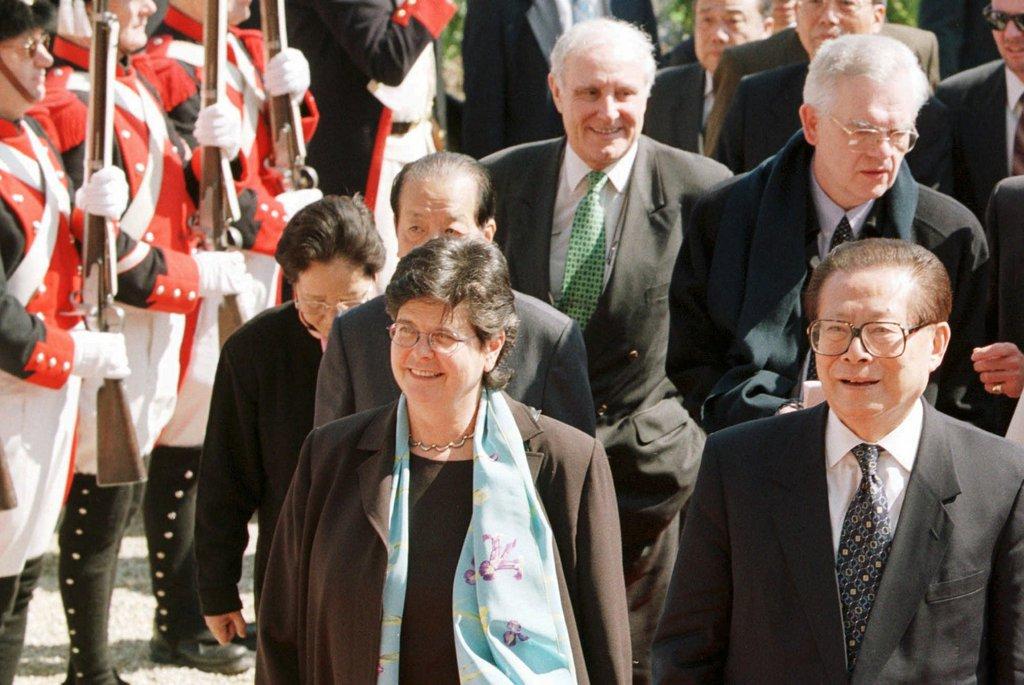
More
China’s first state visit to Switzerland since 1999
But the geopolitical stakes will be much bigger in Davos than they were in either Hangzhou or Lima. Mr Xi may stick to the same, safe script he used in Hangzhou. Or he could use the global spotlight to make a grand gesture just days ahead of Mr Trump’s inauguration, much as he did on the sidelines of another Apec summit three years ago.
In November 2014, Mr Xi agreed to an ambitious climate agreement with the US that paved the way for last year’s Paris climate accord, which Mr Trump has threatened to walk away from.
Either way, Beijing officials have no way of knowing how Mr Trump will respond in office, when he may follow through on campaign promises to tax imports and declare the Chinese government a “currency manipulator”. “No one knows what to prepare for,” says one senior Chinese government official. “Are they going to work with us or are they going to fight?”
As surprising as Mr Trump’s election victory was for Beijing, his behaviour afterwards has been even more shocking for Chinese officials. The US president-elect has upped the ante on his earlier criticism of Beijing’s trade and currency policies, suggesting his administration might even abandon the “one China” policy that has underpinned Sino-US relations for over 40 years.
Thus far the Chinese government’s reaction has been remarkably calm. One Beijing official cites a Chinese idiom, hai na bai chuan, or “all rivers run into the sea”, to characterise their strategy. Chinese officials say Mr Xi decided China, like a great ocean that absorbs raging rivers, will simply react to what Mr Trump does as president rather than what he says as president-elect.
Edelman index: Public trusts internet searches over traditional media
Public trust in traditional media has fallen to an all-time low as people increasingly favour their friends and contacts on the internet as sources of news and truth, according to research to be presented at the World Economic Forum in Davos this week. Globalisation and rapid changes in technology have fuelled “virulent populism and nationalism”, said Richard Edelman, chief executive of the world’s largest public relations consultancy by revenues, which publishes the annual Edelman Trust Barometer.
In the Edelman index, for the first time, three-quarters of the 28 countries surveyed were categorised as “distrustful” of government, business, media and non-governmental organisations. Global public confidence in institutions has dropped by more in the past year than in any other since the financial crisis in 2009 as people eschew experts in favour of their peers.
Among the biggest losers of credibility was the media. Trust fell from 51 per cent to 43 per cent, an all-time low for the index, with the sharpest falls in Ireland, Australia, Canada and Colombia. People are shifting their faith towards the internet rather than traditional media as purveyors of truth, the results showed. In fact online search engines were deemed more reliable than traditional media for information, a reversal from five years ago. Business leaders also fared poorly. Trust in chief executives fell 12 points to 37 per cent, a level not seen since the aftermath of the 2008 financial crisis.
At the core of this lack of faith was fear and unease in people’s lives. Even the informed public segment of the 33,000-person survey – a group of well-educated, wealthy individuals – have become less trusting, with 51 per cent saying the overall system has failed them.
Copyright The Financial Times Limited 2017

In compliance with the JTI standards
More: SWI swissinfo.ch certified by the Journalism Trust Initiative








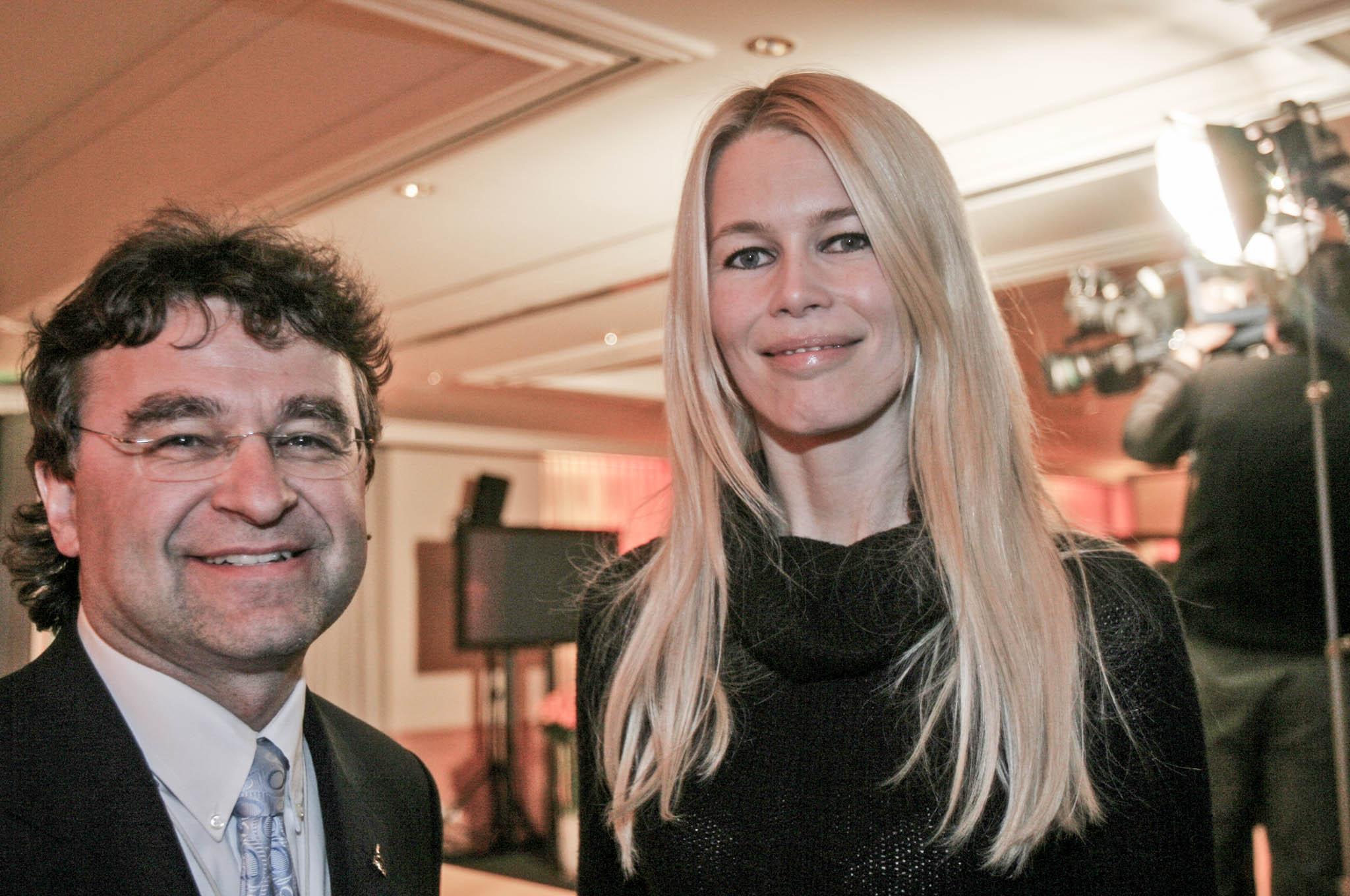
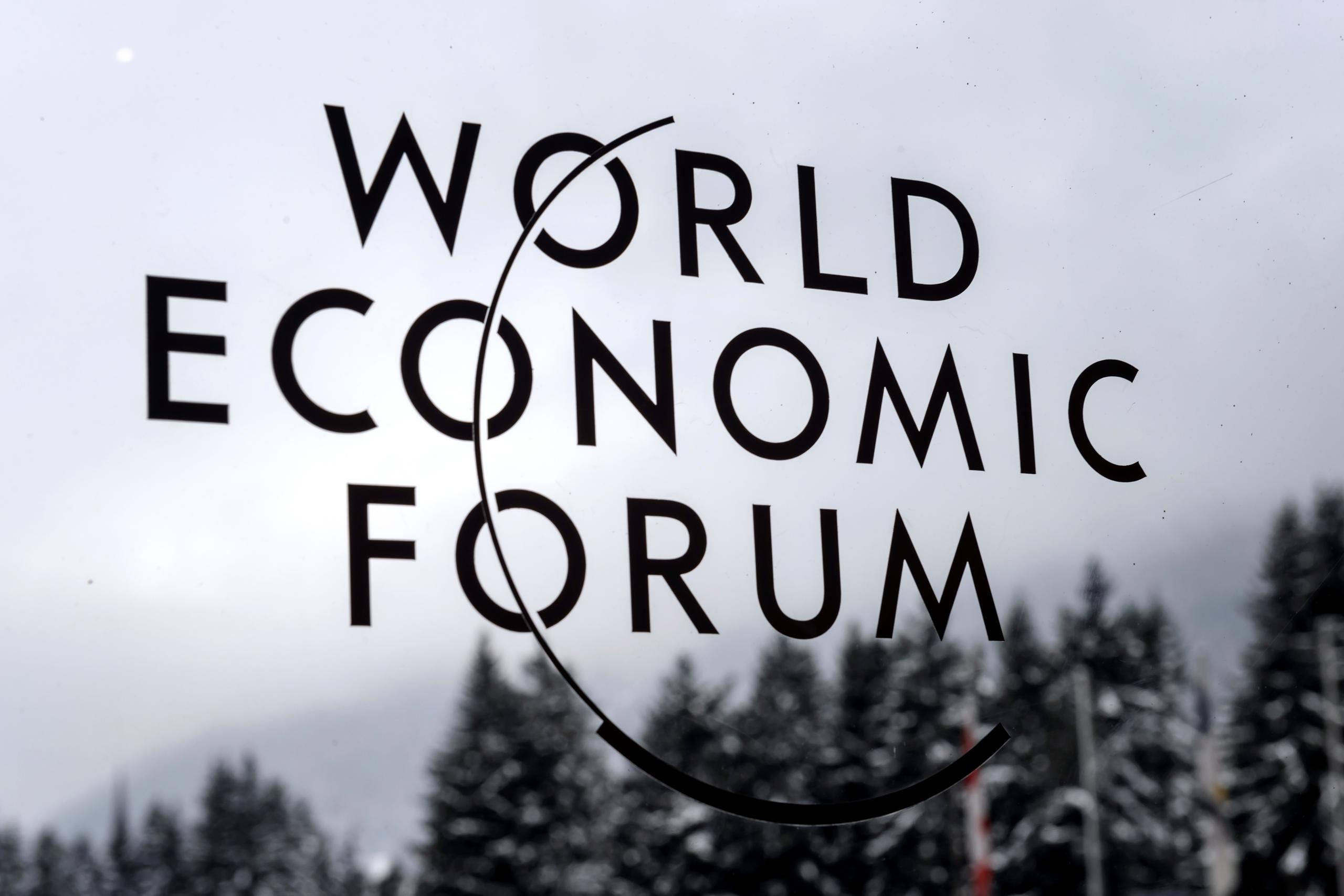
You can find an overview of ongoing debates with our journalists here . Please join us!
If you want to start a conversation about a topic raised in this article or want to report factual errors, email us at english@swissinfo.ch.